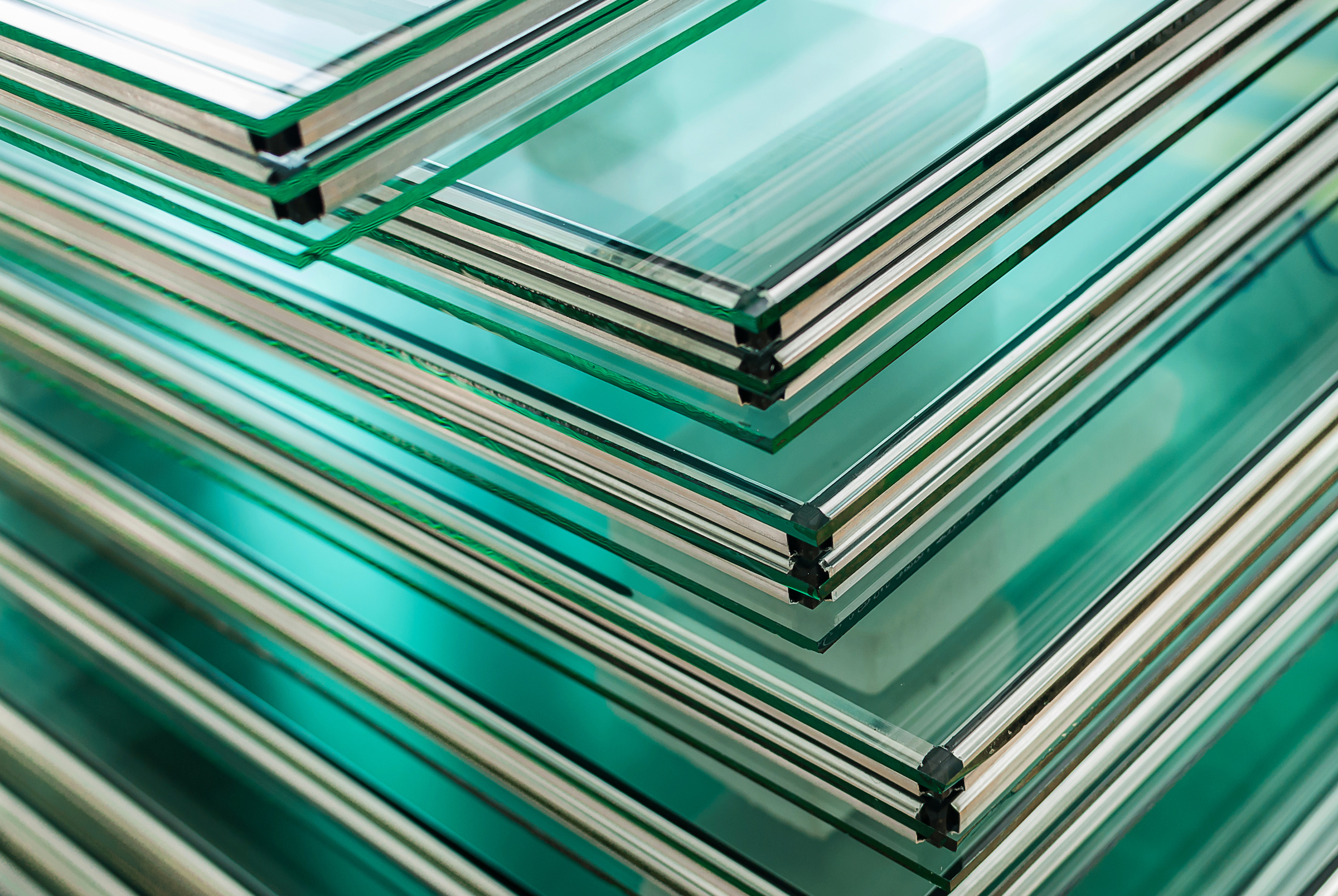I is the property of a material which allows it to change or assume different properties in different directions as opposed to isotropy it can be defined as a difference when measured along different axes in a material s physical or mechanical properties absorbance refractive index conductivity tensile strength etc.
Steel sheet forming istropic or anisotropic.
659 687.
International journal of plasticity 26.
Experimental and numerical investigations on the characterization and prediction of cold formability of two different types of automotive steel sheets a ferritic stainless steel sheet aisi 439 and a dual phase steel sheet dp600 are performed in this study.
Anisotropy ˌ æ n.
Technology and machine tools for cold metal forming tpr 2000 cluj napoca romania 11 12.
Due to the different microstructure configurations these two steels show significant differences in plasticity behavior as well as.
To model the anisotropic fracture properties for sheet metals the above isotropic model is extended to anisotropic ductile fracture model using linear transformation approach karafillis and boyce 1993 barlat et al 1991 barlat et al 2005 in the following form.
ə ˌ æ n.
Sheet metal forming processes are widely adopted to produce panels tubes profiled parts in manufacturing industry.
A method of fabricating an article from a blank of material e g aluminum alloy sheet having anisotropic deformation properties with tooling which has been designed by predicting flow and deformation of the blank using an analysis which decouples the anisotropic deformation properties of the blank.
The present paper aims at analysing the sheet metal formability through several isotropic and kinematic hardening models.
24 g σ i 1 j 2 3 2 b j 3 1 3 k with 25 i.
Rolled sheets elastic deformation is much smaller compared with the plastic deformation so only the anisotropic plasticity is nor mally considered.
The type of plastic anisotropy usually desired in sheet metal forming is that the sheet is isotropic in the plane and has an increased strength in the thickness direction which is nor.
Modeling of the plastic behavior for isotropic and anisotropic metals is.
Aɪ ˈ s ɒ t r.
Some comments on a new anisotropic yield criterion 7 11 natl.
Specifically a special attention is paid to the physically based hardening model of teodosiu and hu 1995 which accounts for the anisotropic work hardening induced by the microstructural evolution at large strains as well as to some more conventional hardening models.
A non associated anisotropic plasticity model with mixed isotropic kinematic hardening for finite element simulation of incremental sheet metal forming process.





























